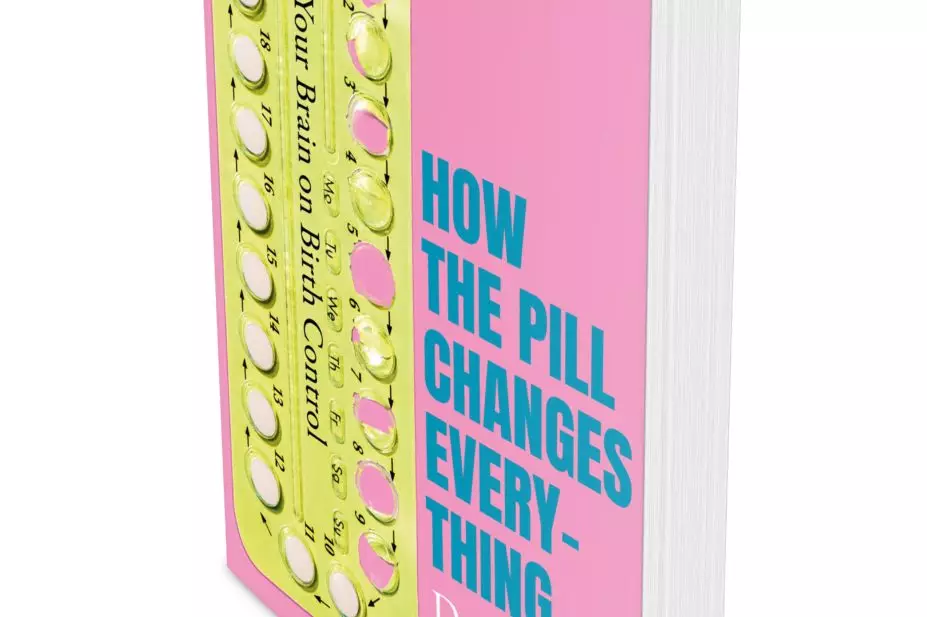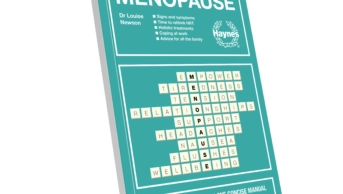
Many women want to make smarter, more informed choices about their health and hormones. In How the Pill Changes Everything: Your Brain on Birth Control, Sarah Hill aims to help them in their decisions around the contraceptive pill. It discusses the pill’s effects, on a wider level as well as an individual one.
The book is split into three sections: ‘You are biology’ lays the foundations for the audience on the physiological processes of the body; ‘This is your brain on drugs’, the largest section, discusses the varied manner in which the pill can affect individuals. The final section, ‘The big picture’, considers the wider sociological implications.
Hill is a psychologist and offers insight on some of the lesser-known biological effects of the pill. Women who take the pill have an altered hypothalamic-pituitary-adrenal axis response to stress and also a different daily cortisol rhythm. The consequences of these effects are not clear, but it is obvious that the pill has some involvement in altering foundational hormonal processes in the body, far from the prevention of ovulation or fertilisation; although the author acknowledges that some of the research is speculative or conflicting.
There are detailed discussions of side effects, particularly depression, mental health conditions and altered states. Hill highlights that women may often blame themselves for these issues but, in fact, they should be recognising them as side effects; the answer may not be simply to ‘pop another pill’. However, the book offers little practical advice for women other than to speak to their doctor if they are concerned — unsurprisingly, pharmacists go unmentioned.
The author makes an odd claim in that the pill is causing women to settle down later in life, through a ‘butterfly effect’, in which they are more likely to live alone for longer, which has consequences for housing and energy consumption. The claim sounds far-fetched, although you cannot help but see the point — not that we need more housing because of increased use of the pill — but that wider effects of the pill are only just beginning to be realised.
Ultimately, How the Pill Changes Everything suggests we do not know exactly how the pill changes the people who take it, although we know enough to re-evaluate our perspectives on its use. Many women will already be aware of some of the pill’s side effects, but the book could help them to appreciate the underlying scientific evidence explaining them. However, some elements of the book’s narrative may be lost on those without an understanding of basic physiology.
The book is a useful read for healthcare professionals who want to better contribute to risk–benefit discussions to help women make informed decisions on contraception. Healthcare professionals may also be interested in the current research investigating the wider effects of the pill.
However, for the most part — after half a century of hormonal contraception — society still has a blind spot for questioning the consequences of changing a woman’s hormonal make-up, in the name of pregnancy prevention. The issues around birth control are far from solved.
Charlotte Richardson
References
Hill S. How the Pill Changes Everything: Your Brain on Birth Control. Price £19.99. London: Orion Spring; 2019. ISBN 978-1409178835


